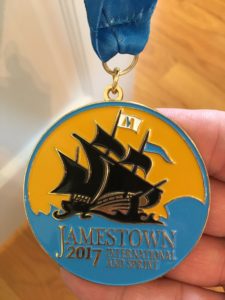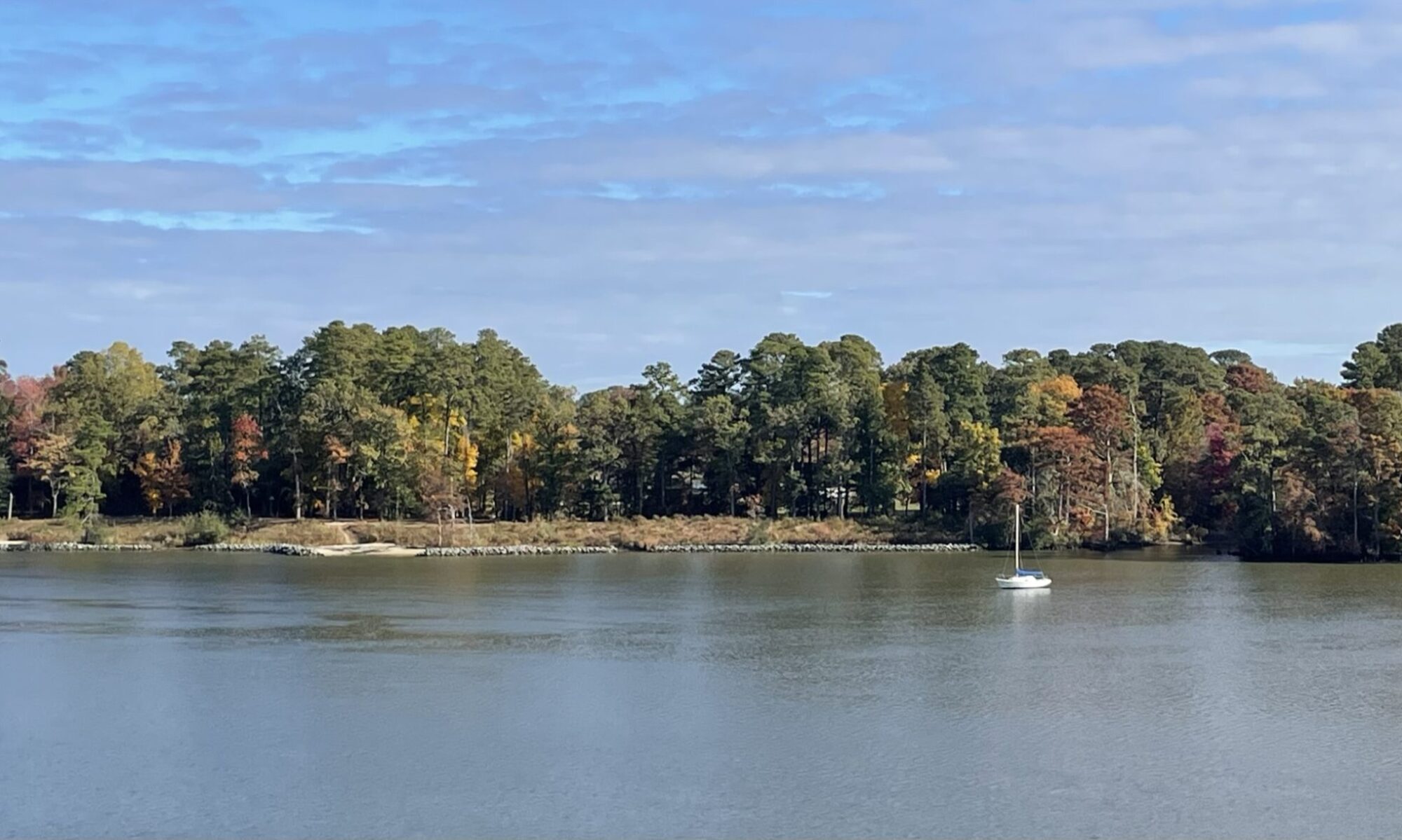 A year ago I wouldn’t have believed I could or would attempt, let alone finish, an “Olympic” distance triathlon. A year ago, the thought that I could or would swim a hair shy of a mile in open water, bike just under 25 miles and then run 6.2 miles — in successive order with barely a couple of minutes in between individual exertions — was crazy. Crazy to me, I mean.
A year ago I wouldn’t have believed I could or would attempt, let alone finish, an “Olympic” distance triathlon. A year ago, the thought that I could or would swim a hair shy of a mile in open water, bike just under 25 miles and then run 6.2 miles — in successive order with barely a couple of minutes in between individual exertions — was crazy. Crazy to me, I mean.
I was aware people did it all the time. I, with my balky knees, tight hamstrings and vast disinterest in cardiovascular suffering, just wasn’t inclined to ever be one of them. About a year ago, it was all I could do to jump off the proverbial psychological cliff and actually commit, in word and dollars, to fly to California and attempt a “sprint” triathlon in September.
A sprint is roughly half the distance of an Olympic. It had been a while since I felt proud of a physical accomplishment. But just registering for the sprint and beginning my scattershot preparation for it gave me a mental kick, one I liked. I ran and biked and swam and over-prepared, by all accounts, for my big day, which went well to the degree I won a towel for finishing top 3 in my old-guy age group (albeit a small group).
Nonetheless, a spark, well, sparked, as I’ve previously shared here. Now I’ve done an Olympic, I train in at least one discipline most days and I at least pretend I want to get much better and compete for age-group prizes in Olympic-distance tris.
I say pretend because I’m finishing a recent book written by endurance athlete and author Matt Fitzgerald called “How Bad Do You Want It?” He’s filled the book with new sports psychology and brain science amplified by real-life stories of endurance athletes demonstrating jaw-dropping physical and emotional strength in competition — although strength puts it lightly. Champion athletes like cyclist Greg LeMond and triathlete Siri Lindley own indescribable, implacable will. By describing their training and important races to their career and legacy through gripping narratives, Fitzgerald tries to tangibly get at the intangibles that set them above and beyond other supernatural-seeming athletes.
It is inspiring, intimidating and humbling to dip a toe in that kind of pool. I would answer the open-ended question “How bad do you want it?” with “a lot” or “pretty much.” But to honestly back those words up with honest effort, to push or get angry over wavering intensity and use it as searing motivation in ways that don’t injure muscles and joints and nerves, is challenge on top of challenge that I wonder if I am up to at this stage.
That’s among the reason triathletes and ultra-endurance racers, all of whom can be a precious bunch I know, like to reference the “journey” they are on via their hobby/passion/reason to live. The road goes and climbs and twists around blind corners that they often never see coming, but they lower their head and rebuckle in to their driving mission.
A year ago, I noodled around on the edges and decided to at least step out along the shoulder. I’ll just say the journey has gotten interesting — consuming? — much quicker than I would have believed.
